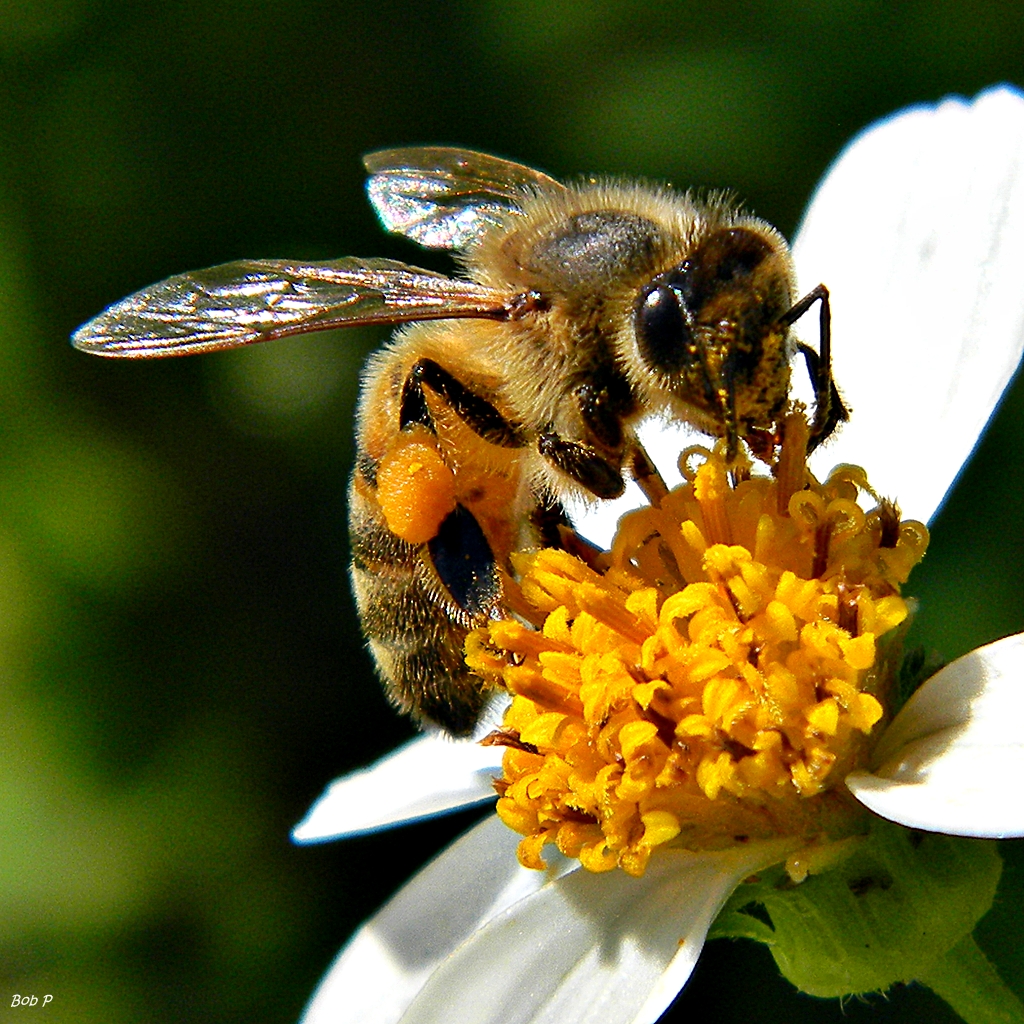A quick post for those who might be interested:
Jennifer Bulava, Burlington County Senior Naturalist, and one of our newest participants, is giving a talk this coming Monday, April 4, that will be of interest to many of us.
Jennifer’s presentation, “The Secret World of Plants & Pollinators,” at the March 21 meeting of the Southeast Chapter of the New Jersey Native Plant Society was so good that that the group asked her to come right back to continue the story — especially about the impact pesticides are having on pollinators and what we can do to help limit the threats.
She has agreed to come back on Monday:
BEE AWARE
Jennifer Bulava, Burlington County Park Naturalist
Monday, April 4, 6:30-8:30 pm
Unitarian Universalist Congregation of the South Jersey Shore
Pollinators are crucial to the proper functioning of our yards and gardens, our agricultural system, and the entire natural world. Many are struggling in areas around the world and in the United States, including southern New Jersey.
Jennifer will discuss the plight of insect pollinators with a special focus on honey bees, detailing the alarming decline known as Colony Collapse Disorder and what it means to our food supply, our economy, and our environment.
Find out what you can do to help and what commonly-used pesticides — neonictinoids and others — are toxic to bees and other beneficial insects.
Admission is free and open to anyone interested. The event is sponsored by the Southeast Chapter of the New Jersey Native Plant Society and hosted by the Unitarian Universalist Congregation of the South Jersey Shore.
The address of UUCSJS is 75 S. Pomona Road, Galloway, NJ, near the north entrance of Stockton University, at the corner of Liebig Avenue and Pomona Road.
Come if you can make it. You are sure to learn lots you did not know and leave with information you can use this spring and summer to help bees and other pollinators.
— Jack Connor

